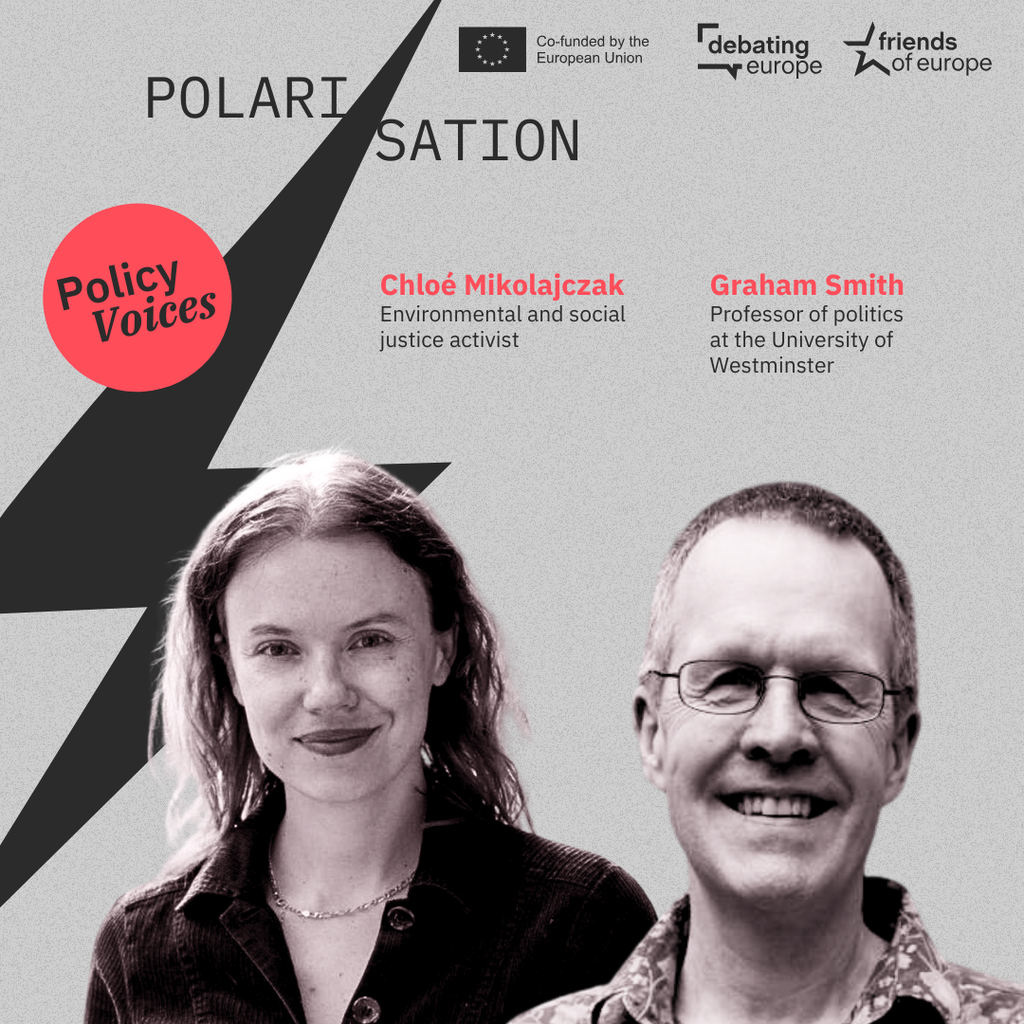Climate and Energy Summit 2025
Next event In person & livestreamed

- Area of Expertise
- Climate, Energy & Natural Resources

Senior Fellow for Sustainable Energy at the Africa-Europe Foundation
Strategic autonomy is a concept that has found itself at the top of the European Union’s agenda during the von der Leyen Commission, but the pandemic has driven home the need for regions all over the world to be able to produce key necessities themselves. For Africa, the focus has been on ensuring it can feed its growing population as borders closed, supply chains were disrupted and climate change took no break. The pandemic has shown the risks of being on the wrong side of ‘vaccine nationalism’ and the critical need to manufacture vaccines locally to increase healthcare resilience and autonomy on both continents.
The Food and Agriculture Organization of the United Nations (FAO) has highlighted the increase in people facing hunger globally due to the COVID-19 pandemic and its impact on global supply chains in particular. As communities around the world turned to greater mutual aid, especially those at the end of long global value chains, many large-scale producers were forced to dump food, even while many of the workers responsible for producing it were struggling to feed themselves.
The fragility of many long European food supply chains, as well as high rates of food insecurity in some of the wealthiest economies on the continent, took many European governments by surprise and underlined the need for a global shift in food systems policymaking. Implementing shorter, more robust value chains is a core priority for ‘building forward better (and greener)’ and one of the most important steps for ending food insecurity, while increasing strategic autonomy in agri-food systems, particularly in Africa and Europe.
As the effects of climate change become more severe, the most affected countries will see greater risk of food insecurity and malnutrition
While the pandemic made evident the fault lines in global supply chains, the biggest threat to global food security is still to be addressed. The climate crisis, often viewed through the prism of sustainable energy, is at the heart of the link between food security and public health. Whilst the increased risk of zoonoses due to biodiversity loss has been put on the agenda, the root cause of this loss – intensive monocrop production – is ignored.
Moreover, the monoculture approach to farming that has dominated the last 70 years creates further feedback loops in the local environment, as biodiversity loss leads to soil degradation and affects rainfall levels, creating lower nutritional value from crop yields and forcing further expansion. As the effects of climate change become more severe, the most affected countries will see greater risk of food insecurity and malnutrition, as well as increases in rural poverty causing overcrowding in cities, putting further strain on health systems.
Last week’s UN Food Systems Summit concluded, Africa and Europe have the opportunity to build an agri-food partnership on a common vision for food systems transformation by 2030. This should be centred around food sovereignty, a concept advocated at the World Food Summit in 1996, referring to the right of people to decide their own food systems, to provide healthy and nutritious food grown in their locality, and to practise climate-appropriate agriculture and agroecology.
Beyond this, any Africa-Europe agri-food partnership must have the ambition to transform food systems sustainably through policy initiatives, financial tools and co-innovation. Ahead of the Africa-Europe Summit, scheduled for February 2022, the Sustainable Agriculture and Food Systems Strategy Group of the Africa-Europe Foundation (AEF) aims to play its part in bridging the gap between the views underlined at the UN summit and those of its critics, predominantly civil society organisations and small-scale food producers. Critics have highlighted the need for transparency around agenda-setting and vocalised concerns around the continued prioritisation of technology and innovation over agroecology and food sovereignty. Some work has already begun, including calling for the creation of cross-continental networks of excellence in regenerative agriculture, and large-scale mobility programmes specific to African and European agri-food entrepreneurs.
The Great Green Wall aims to combat desertification and create new fertile ground for farming and potentially bring prosperity to the region by 2030
Scaling-up agri-food SMEs, by offering access to financial tools including further concessional resources and mentoring, can be a transformative step towards building this partnership. Additional support is needed for co-innovation, training and professional development in the agri-food sector.
Pioneering initiatives in Africa are leading the way – the Great Green Wall aims to combat desertification and create new fertile ground for farming and potentially bring prosperity to the region by 2030. As France and Senegal both plan for their respective presidencies of the EU and AU from next January onwards, the stars may be aligned for a partnership to give new impetus to this part of the African continent.
At a time when the appetite for radical restructuring of global food systems has never been greater, and the Gordian knot of climate change, food security and health is high on the political agenda, the Africa-Europe partnership needs to recognise the major differences in ideas and practices which underlie alternative visions on how to achieve food security. Today, as we plan for the future, we need to focus on building food and farming systems that regenerate soil health, nurture biodiversity and store carbon, while providing nutritious food for all and ensuring the well-being of farmers and rural communities.
A true Africa-Europe partnership on agri-food has the potential to eliminate food insecurity for hundreds of millions worldwide, mitigate the existing effects of climate change whilst slowing the speed of the crisis, and create decent work opportunities for people across the world. In other words, by taking a collective approach to the food security, climate and public health crises, we have the potential to solve all three. What we need now is not a magic bullet, but for Africa and Europe to seize the moment – and build secure, ecological and sovereign systems for all.
Next event In person & livestreamed

Past event In person & livestreamed

Past event In person & livestreamed

Past event In person & Livestreamed





Stay informed
We use cookies and similar technologies to adjust your preferences, analyze traffic and measure the effectiveness of our campaigns. Learn more about our privacy policy.